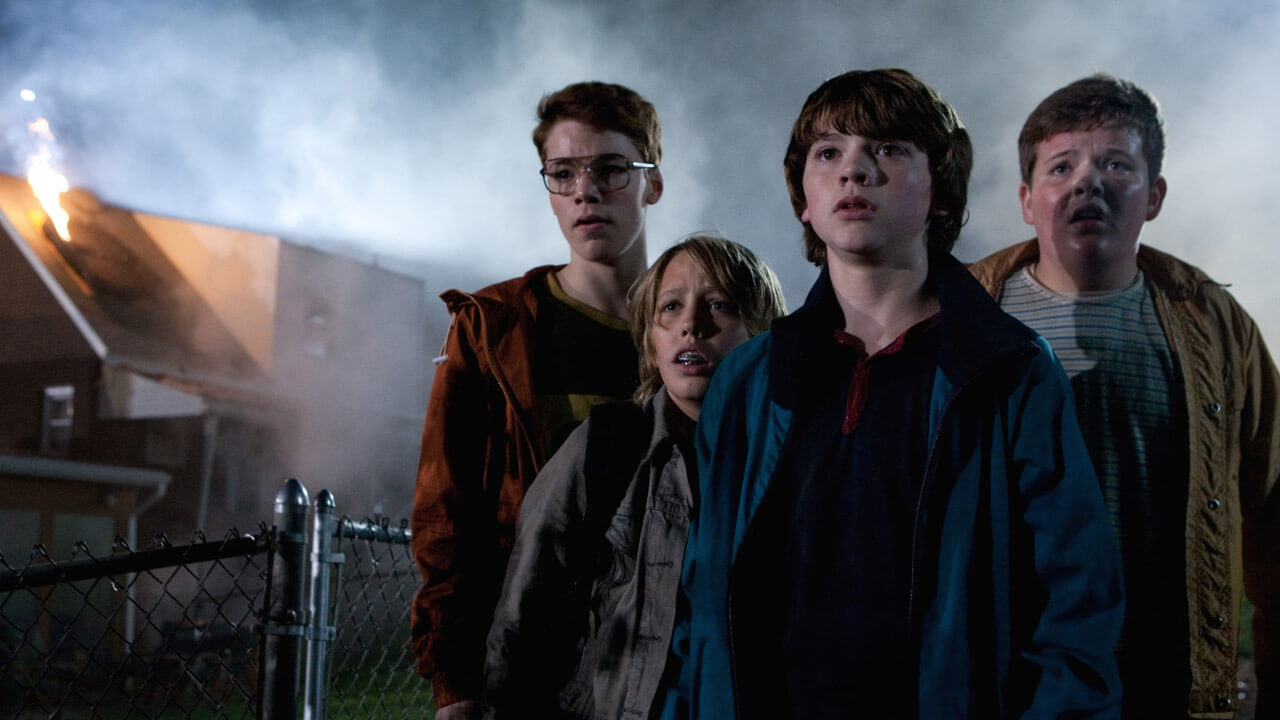(This question was submitted as a comment following my article on credibility. I answer it here because I think the issues of how, when and whether you add fantasy to your stories is universal among screenwriters and novelists.)
Q: I am finishing a script in which a fantasy element (just one in a supporting character) doesn’t get introduced until nearly the midpoint. I am wondering if that is too late. I also gave each of the two main characters (coworkers) a peculiar phobia that drives some of the comedy. I am now wondering if that is too much to ask of an audience’s or a reader’s patience. Is there an innate timing of fantastical elements?
A: Without knowing the plot of your story or what the fantasy is, I’d say the midpoint is way too late to introduce a fantasy element in either a screenplay or a novel. Not because your readers will get impatient, but because they want to know the genre and tone of your story as soon as possible, and want to have some understanding of the rules governing the world you’ve created. If they think this is a comedy grounded in everyday reality, and then halfway through something magical or impossible happens, they will be jerked out of the story and their emotional involvement will greatly diminish.
In Super 8, we know that there is an alien presence – or at least something fantastical – long before the midpoint. The same holds true for the introduction of the ghost in What Lies Beneath, Regan’s possession in The Exorcist, or the mermaid in Splash.
There’s also another issue with your story as you describe it. You have two characters with peculiar phobias that drive the comedy. This most likely violates the rule prohibiting more than one fantasy per story. (Here I’m using fantasy to refer to whatever bigger than life situation or character makes the story compelling and unique. It’s your “what if” situation.)
Let’s say your story concept asks, “What if two coworkers each had to stop a kidnapping (or whatever goal your heroes are pursuing), in spite of the fact that one has a phobia of enclosed places and the other is agoraphobic (or whatever their phobias are)?” This sounds like a good starting point for a comedy. The humor and conflict will then grow out of the way the real world reacts to these characters and their unique dilemma.
But if you then add, “… and what if they have a friend who can make himself invisible?” your story has taken too many liberties with reality, and the fun of your original concept will dissipate. This will happen regardless of where you introduce that second fantasy element.
– Michael






Michael,
Do you think there needs to be a rationale or explanation for a fantastic element–such as an inanimate object coming to life–or can it just happen? If there is no suggested explanation, would the tone still be affected throughout the story?
Thanks
Steve –
Generally speaking, yes, there should be some explanation, unless: 1) you’ve created an entire fantasy world (as in CARS or GAME OF THRONES), where the rules of this fantasy universe will be revealed as the story moves forward; or 2) there is no immediate explanation, and that’s what the characters have to figure out, as in THE EXORCIST or BRUCE ALMIGHTY. Thanks for asking!
– Michael
Hello Michael:
Excellent, as always. In my Paranormal e-novel I clue the reader in the first dozen pages, but do not giveaway the whole plot. I lead the Protagonist to find his destiny, and the villain is real hard.
Stay well…
Warren.
Thanks Michael!
That’s very helpful. THE EXORCIST is a very interesting example that wouldn’t have occurred to me. Just because we know from the title that it’s likely to be a case of possession by the devil , that doesn’t mean the characters know!
Steve